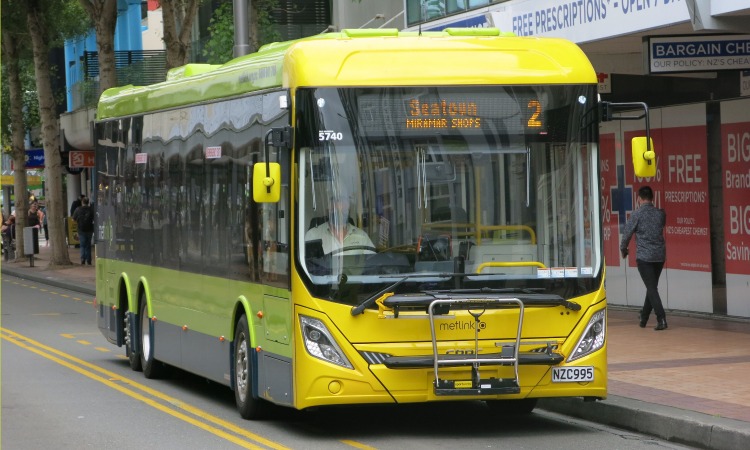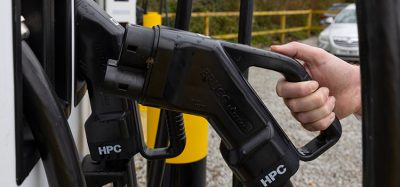Air quality study reveals concerning CO2 levels on New Zealand’s public transport network
- Like
- Digg
- Del
- Tumblr
- VKontakte
- Buffer
- Love This
- Odnoklassniki
- Meneame
- Blogger
- Amazon
- Yahoo Mail
- Gmail
- AOL
- Newsvine
- HackerNews
- Evernote
- MySpace
- Mail.ru
- Viadeo
- Line
- Comments
- Yummly
- SMS
- Viber
- Telegram
- Subscribe
- Skype
- Facebook Messenger
- Kakao
- LiveJournal
- Yammer
- Edgar
- Fintel
- Mix
- Instapaper
- Copy Link
Posted: 3 August 2023 | Intelligent Transport | No comments yet
According to the study, fluctuating CO2 levels on buses and trains in New Zealand strongly correlated with passenger numbers, highlighting the potential health risks and the need for improved ventilation measures.


Credit: Metlink
Metlink has announced that Greater Wellington (GW) had conducted a pilot study in October 2022 to assess indoor air quality on its bus network. Air Matters Ltd had installed SAN-10 CO₂ sensors in eight buses to measure air quality across various bus types and routes. The study involved 64 trips, and the findings revealed that CO2 levels fluctuated during journeys and were strongly linked to passenger numbers. All buses reached moderate and high-risk CO2 levels at different times based on OzSAGE guidelines.
The study had also noted that CO2 levels were higher on the upper floor of double-decker buses compared to the lower floor. Following this, Transdev had commissioned a similar air quality study in October 2022 on the Wairarapa rail line between Masterton and Wellington. SAN-11 CO2 sensors had been installed in four trains over eight trips. The rail study yielded similar results to the bus study, but it additionally found that CO2 concentrations peaked when air intake vents were closed while passing through tunnels.
Furthermore, Otago University had conducted a public health study in April to May 2023, using Aranet 4 devices to measure CO2 levels on buses and trains across three cities. This study’s findings also supported the previous studies, indicating a strong correlation between CO2 levels and passenger numbers. It reported that buses are at high risk 49% of the time when more than half the seats had been occupied, while trains had a moderate risk 77% of the time under similar occupancy levels.
Catalysing collaborative measures for better air quality and decarbonisation
Currently, there are no regulatory indoor air quality guidelines for CO2 on public transport in New Zealand. Therefore, Metlink is seeking guidance from the Ministry of Health, the Ministry of Transport, and Waka Kotahi NZ Transport Agency to develop a common set of indoor air quality standards for public transport nationwide. In the meantime, the agency is exploring options to improve ventilation on the upper decks of double-decker buses and considering the impact of adding fresh air through the air conditioning system where possible.
Metlink emphasises the importance of international best practices and innovative designs in its new bus procurements to enhance indoor ventilation. By monitoring CO2 levels indoors, it aims to identify and mitigate poor ventilation, reducing concentrations of airborne infectious particles and other air pollutants to create healthier public transport spaces.
If you liked this, you may also be interested in:
▶ CTDOT announces return of Connecticut’s battery electric buses
▶ Intelligent Transport Podcast Episode 22 – Mohamed Mezghani, UITP
Related topics
Air Quality, Passenger Experience, Public Transport
Related modes
Bus & Coach, Rail
Related cities
Wellington
Related countries
New Zealand
Related organisations
Metlink, Otago University, Transdev, Waka Kotahi NZ Transport Agency







